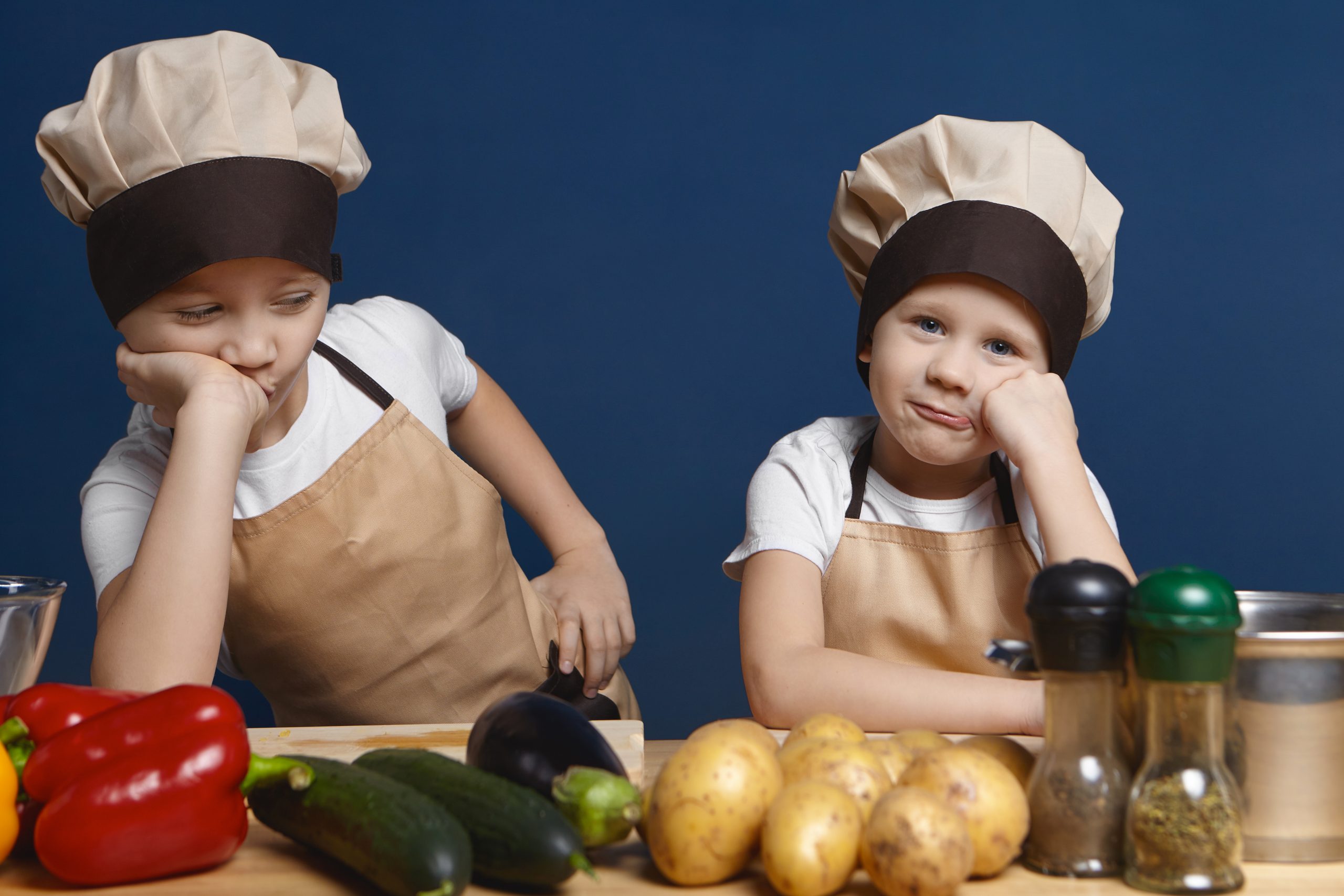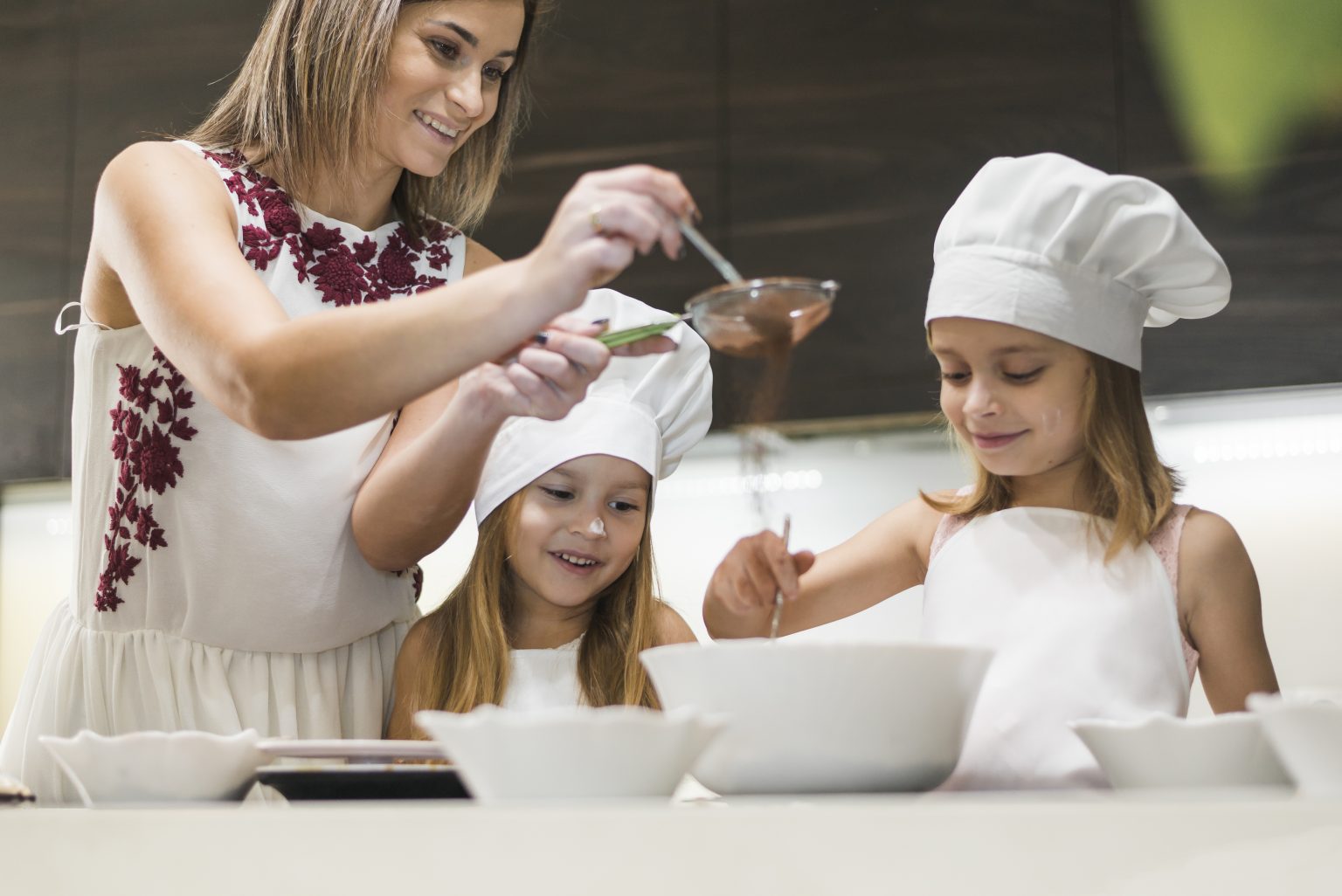With the increasing rate of global change, the issue of childhood obesity is one of the most challenging problems for parents, teachers and medical workers. Finding innovative ways to address this complex issue is what makes the culinary arts a powerful weapon in the fight against obesity. Let us discuss the role of culinary education in teaching children healthy eating habits as the road to preventing obesity and creating a lifelong liking of nutritious, whole foods.
Introduction to Culinary Arts and Childhood Obesity Prevention
Culinary arts and childhood obesity prevention is a hot topic of concern among parents, teachers and health professionals around the world. Childhood obesity is a complex problem that is influenced by many factors, including genetics, lifestyle and, especially, eating habits. Understanding the causes and consequences of childhood obesity requires in-depth knowledge and a comprehensive approach to solving this problem.

In this context, culinary arts education emerges as a powerful tool that can fundamentally change children’s attitudes toward nutrition. A solution to the childhood obesity puzzle dictates that more than mere short-term measures should be developed. Kids have to be equipped with the fundamental knowledge of essential nutrition, cooking skills, etc. for them to develop an understanding of what foods are good for them and their environments. Culinary arts include such things as healthy eating in children’s education as well as the basic useful knowledge of what and when to eat right. The importance of this topic is undeniable, and many students are looking for ways to explore it further through writing essay for college. Through the writing services and their writers, the students are provided with invaluable assistance which not only allows them to improve their academic skills but also motivates them to write childhood obesity causes and effects essay and understand the topic at a deeper level. One of the ways students may learn is by looking at the free sample essay undertaken by the writing services thus, integrating culinary education into children’s lives as a prevention against obesity. By providing the culinary arts as the gateway to fighting childhood obesity, there are more ways to encourage kids’ adoption of healthy eating habits which is a natural consequence of the increased awareness about the need for them. It is more than nutritional knowledge only but well-being creation that will help kids in future. Through culinary education today we are inspiring the health of tomorrow’s generations and progressing toward a healthy environment.
Developing Healthy Eating Habits
The development of healthy eating habits requires not only theory but also the application of skills. The culinary art program is an example of experiential education that includes core lessons on nutrition. This will allow the children to take the benefits of a balanced diet to a new level.
During practical cooking classes, children:
- Learn to cook nutritious meals.
- Learn the variety of flavors of fruits and vegetables.
- Learn to use whole grain products.
- Explore the benefits of lean proteins.
This first-hand experience fundamentally changes their perspective on healthy eating, challenging stereotypes that it is unattractive compared to fast food and other processed foods. As a result, culinary education becomes a powerful tool in developing healthy eating habits aimed at maintaining and promoting health from an early age.
Empowering children through culinary skills
Empowering children through the acquisition of culinary skills opens the door for them to make independent and informed food choices. Practice shows that children who are trained in cooking are 30% more likely to choose healthy foods compared to those who do not have these skills. These skills inspire young people to become independent cooks, increasing their confidence and ability to make healthy food choices.
Working with fresh and natural ingredients makes children realize the quality and nutritional importance of these products, with which they may start putting together their own recipes, and this process becomes open and understandable for them. This further bust down the wall of perception of the complexity and lengthy process of cooking, leading it to be a convenient and a joyous activity. Hence, cookery skills not only aid children to cook, but also fulfill a valuable role in effective training of eating healthy for a lifetime.
Promoting a culture of conscious eating
Teaching the art of mindful eating through food-related education is increasingly critical to making a healthy diet a part of everyday life. The research demonstrates that the children practicing mindful eating have 40% lower chances of experiencing overeating problems and 25% fewer chances of being overweight compared to non- mindful eaters. Hands-on experience in the preparation process enables children to grasp the cost and key function of each food item. This, in turn, makes them value food.
This mindful approach to food teaches children to appreciate the process of eating and learn to distinguish between hunger and fullness signals, which is a fundamental skill for preventing obesity. The benefits of mindful eating go beyond preventing excess weight gain; it also promotes a healthy relationship with food and its consumption, easily transferring into adulthood.
Culinary arts as the basis for lifelong health
Culinary arts serve not just as a fun lesson, but as an important foundation for a healthy lifestyle that lasts throughout your life. Involving children in the cooking process and making informed food choices leads to the formation of sustainable healthy habits. Here are the main benefits of culinary education:
- Developing self-cooking skills promotes independence and self-confidence.
- Understanding the importance of a balanced diet provides the basis for making healthy food choices.
- Stimulating interest in dietary diversity expands the palette of tastes and preferences.
- Preventing obesity and related diseases through practicing healthy eating habits from childhood.
- Impact on future generations – trained children can pass on their knowledge and skills to their children.
These impacts show the fact that culinary education is an essential aspect of humanity for the well-being of the society. Early childhood embodied learning of nutritional principles not only enables children to choose a healthy lifestyle, but also develops a preventive attitude toward obesity as they progress through life.
Conclusion
To wrap it up, one can say that teaching kids cooking is the right instrument to fight against obesity. It’s extremely important to teach them to decide on healthy food, cook and appreciate the natural things. This way, they will establish healthy eating patterns to maintain in their adulthood. Culinary education tackles overweight among children and as well teaches them how to cook and live healthy. This is how we can finally change the perception that young generations are doomed in today’s world brought by childhood obesity.



